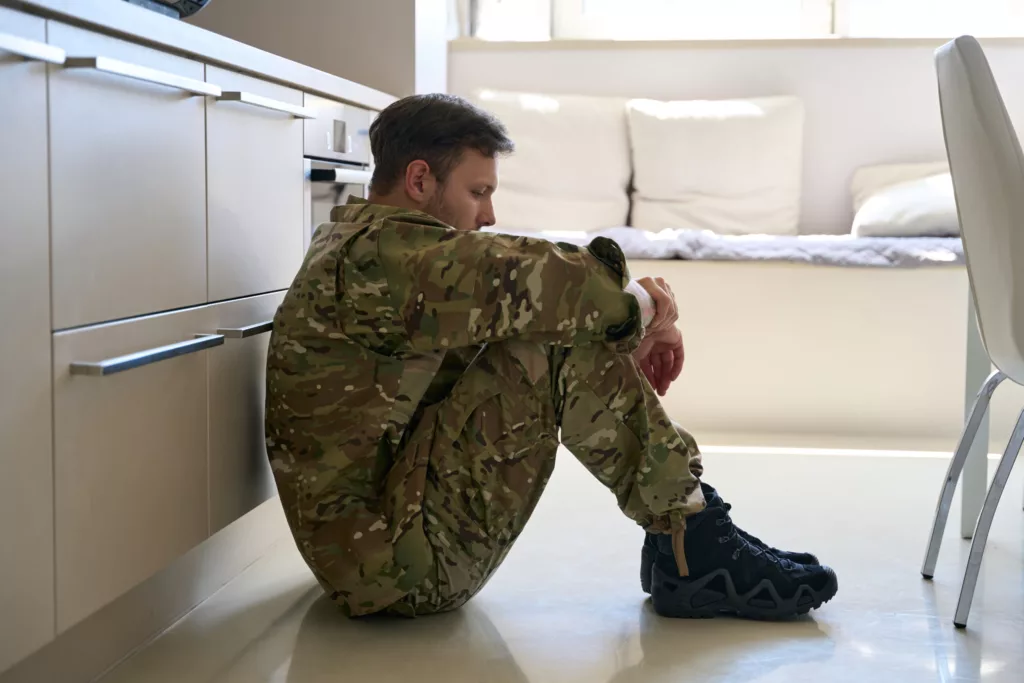Substance Use Disorders
While in the military, servicemembers can face significant consequences, such as dishonorable discharge and even criminal charges, for a positive drug test. This discourages the use of illicit drugs among active duty servicemembers. After veterans have moved on from active military service, all types of drug use become of greater concern.
Veterans and Opioid Use Disorder
Veterans have more issues related to pain than the general population, increasing their exposure to prescription pain medications such as hydrocodone (Vicodin®), oxycodone (OxyContin®) and morphine. Two-thirds of veterans report experiencing pain. More than 9% of veterans report severe pain, compared with 6% of non-veterans. This higher prevalence can lead to more accidental opioid overdoses as veterans struggle to manage their pain, in addition to the risk of developing opioid use disorder due to the highly addictive nature of painkillers.
Veterans and heroin use
The overall opioid overdose rate among veterans increased during the 2010s, but this increase was mostly due to heroin and synthetic opioids rather than drugs taken for pain management. According to U.S. Department of Veterans Affairs (VA) data, more than 10% of veterans who are admitted to substance use treatment centers primarily use heroin.
Illicit drug use among veterans
According to the 2020 National Survey on Drug Use and Health, among veterans with a substance use disorder, four in 10 struggled with illicit drug use.
Individuals who have served in the military report more illicit drug use after they leave active duty service. The most common illegal/illicit drug used by veterans aged 18+ is marijuana, followed by psychotherapeutic drugs (prescription stimulants, tranquilizers, sedatives and pain relievers), methamphetamines, cocaine, hallucinogens, inhalants and heroin.
Treatment for veterans with substance use disorder
If you or a loved one is a veteran struggling with drug abuse and addiction, recovery is possible. At Pyramid Military Therapy & Recovery Programs, veterans with substance use disorders can access medically monitored detoxification and withdrawal management services as well as residential/inpatient treatment in a safe, secure and comfortable environment.
Personalized treatment plans tailored to each client ensure each individual’s unique needs are met while in our care. Through individual and group counseling, veterans address underlying mental health issues and build coping skills to set them up for success after treatment and help them avoid turning back to drug use in the future. In addition, clients learn to care for themselves physically, emotionally and spiritually while discovering how to have fun and find joy in a sober lifestyle through holistic therapies.
Medication-assisted treatment (MAT) is available to assist with managing cravings and withdrawal symptoms for individuals with opioid use disorder. Additionally, our staff respects each individual’s autonomy in defining their own recovery journey, embracing the multiple-pathways-to-recovery approach to treatment, whether veterans wish to partake in MAT or an abstinence approach.




